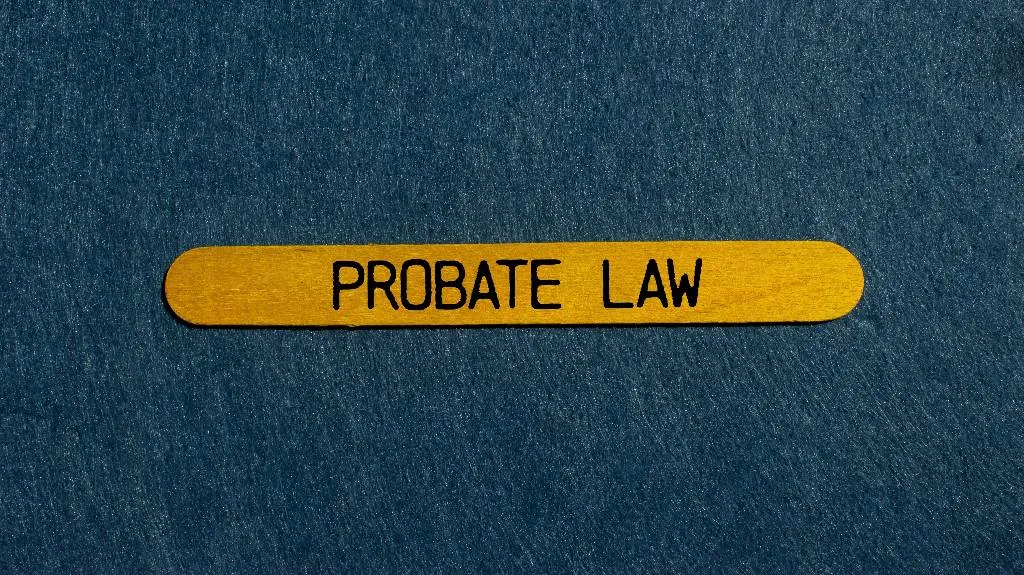An estate plan is a crucial legal document that states your wishes for how your assets will be managed and who will inherit them after your death. Other matters, such as healthcare decisions and guardianship of minor children, are also important in estate planning. Updating an estate plan is essential to ensure that it reflects any changes in living circumstances or financial goals and to make sure that all beneficiaries are up-to-date. If an estate plan is not updated, it can cause disputes between family members over assets, or they could have difficulty accessing funds when they need them. In order to ensure that your desires are carried out, it is critical to periodically review and update your estate plan.
Understand Your Current Estate Plan
The first step is to examine the beneficiaries listed in your current estate plan. Verify all individuals named are up-to-date and accurate, as well as any modifications you would like to make, such as adding or removing a beneficiary or altering their share of assets. Furthermore, assure that each asset title and trust provision is listed in your estate plan to ensure they reflect the most recent transfer information and accurately name ownership rights.
Get a Free Consultation Today
It’s also crucial to take into account any recent life changes, like death, marriage, or divorce, that can require amending your estate plan. In addition, if you’ve had children since creating your original estate plan, then it’s essential to add them to the plan properly and set guardianship and inheritance distributions. Finally, depending on any changes made, it may require amending other legal documents such as wills, powers of attorney, or living trusts. All of this makes understanding an existing estate plan even more crucial for the successful management of financial affairs.
Gather information for your estate plan update
When updating an estate plan, it is important to consult with a knowledgeable estate planning attorney in Rocklin, California. An estate planning law firm can help ensure that your assets are distributed in accordance with updated laws and provide advice on any potential tax implications. In addition, they have the ability to examine current legal documents and offer recommendations for changes or modifications, including living trusts, powers of attorney, and other financial documents. They can also help review beneficiary designations and advise on potential gift taxes or inheritance taxes that may be due upon death, depending on state laws.
When amending an estate plan, it’s also important to take potential tax ramifications into account. This involves knowing the distinction between gifts that are exempt from taxation, such as transfers between spouses or educational costs for minor children, and those that are taxable and may require filing a gift tax return. A CPA knowledgeable in estate taxation is suggested. This helps to avoid paying excessive taxes or inadvertently lowering inheritance wealth. Finally, keep all documentation pertaining to updates well organized so you are aware of exactly who made changes and when; this will be useful if there are any disputes regarding the proper application of the estate and distribution of assets.
Update your estate plan
Your estate plan should evolve as your life evolves, as well as the evolution of tax and trust law. First and foremost, make sure that the beneficiary names on your life insurance and retirement accounts are current. Next, consider whether an existing trust should be modified or replaced with a new one, depending on the severity of the changes in goals or financial circumstances. This could include creating a special needs trust for individuals with disabilities or amending provisions within an existing trust, such as who gets access to funds and how much they can withdraw at once. Depending on state law requirements, certain trusts must also provide tax records annually, which may need to be filed alongside regular estate planning documents when submitting taxes each year.
It is strongly advised that all parties involved seek legal advice before signing off on anything legally binding when making any significant changes. This guarantees that everyone is aware of their responsibilities and rights under the amended estate plan and offers further security against future family disputes.
Seek expert assistance for updating your estate plan
It’s critical to take into account any recent life events that can have an impact on how assets are distributed at death. These events could include marriage or divorce, as well as family additions made through adoption or birth after the creation of your initial estate plan. If so, get legal advice before making any modifications to ensure that everyone impacted receives what they are legally entitled to in terms of guardianship agreements and inheritance distribution under state law. Last but not least, be sure to keep accurate records of all revisions so you can pinpoint who and when made changes. This will be helpful in the event that disagreements arise regarding the distribution of assets after the death and that due process has been correctly applied.
Filippi Law Firm, P.C., provides legal services in estate planning, probate, trust administration, trust litigation, and personal bankruptcy in the greater Sacramento area and Placer County, with a focus in Rocklin, Roseville, Lincoln, and Granite Bay. Give us a call at (916) 333-7910 or fill out the contact form to get in touch with our office. Consultations are free, and they can be done over the phone, via Zoom, or in person at our office in Rocklin.




